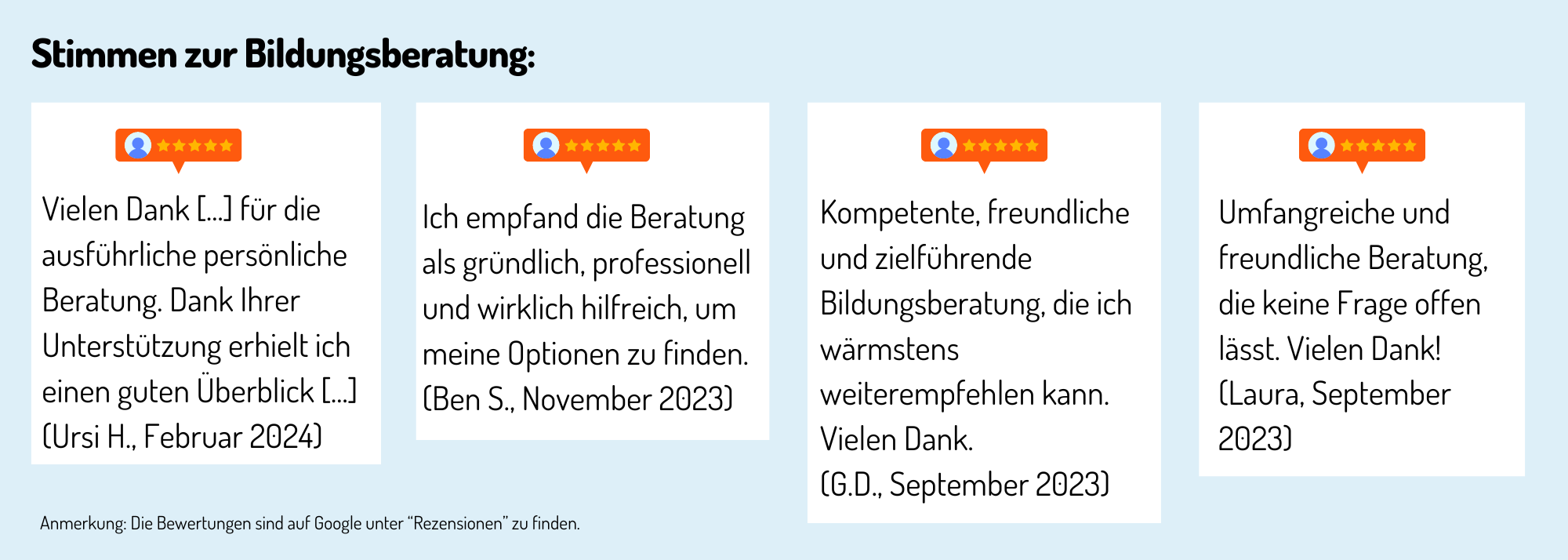Psychomotor skills: training, further education, courses, schools and offers in your area
Are you looking for psychomotor skills training? - Here you will find suitable schools as well as further information, tips and resources for further training.
Would you like personal advice? Contact the provider of your choice via the "Free information on the topic..." button - without obligation, quickly and easily.
Help for children with psychomotor weaknesses - thanks to psychomotor training
Psychomotricity consists of mental, psychological and emotional experiences and movements, i.e. human motor skills. Psychomotor therapy is also an educational method used to encourage children or young people with motor problems, hyperactivity or perceptual disorders through experiences and movements. When a child undergoes psychomotor therapy, it usually consists of playful activities that are quite commonplace, but lead to sensory experiences as well as movement experiences thanks to stimulating materials. This strengthens perception through movement and experience with external circumstances.
They also make friends in a social group and the experiences help the children to regain their self-confidence and become better equipped to deal with people and the environment. Psychomotor training is suitable for people who are socially active and have regular contact with children or young people. If you are looking for more information or offers for psychomotor training from renowned schools, visit Ausbildung-Weiterbildung.ch.
Questions and answers
Erfahrungen, Bewertungen und Meinungen zur Ausbildung / Weiterbildung
Haven't found the right training or further education yet? Benefit from educational advice now!
Further training is not only important in order to maintain or increase professional attractiveness, investing in training or further training is still the most efficient way to increase the chances of a pay rise.
The Swiss education system offers a wide range of individual training and further education opportunities - depending on your personal level of education, professional experience and educational goals.
Choosing the right educational offer is not easy for many prospective students.
Which training and further education is the right one for my path?
Our education advisory team will guide you through the "education jungle", providing specific input and relevant background information to help you choose the right offer.
Your advantages:
You will receive
- Suggestions for suitable courses, seminars or training programs based on the information you provide in the questionnaire
- An overview of the different levels and types of education
- Information about the Swiss education system
We offer our educational counseling in the following languages on request: French, Italian, English
Register now and concretize your training plans.




